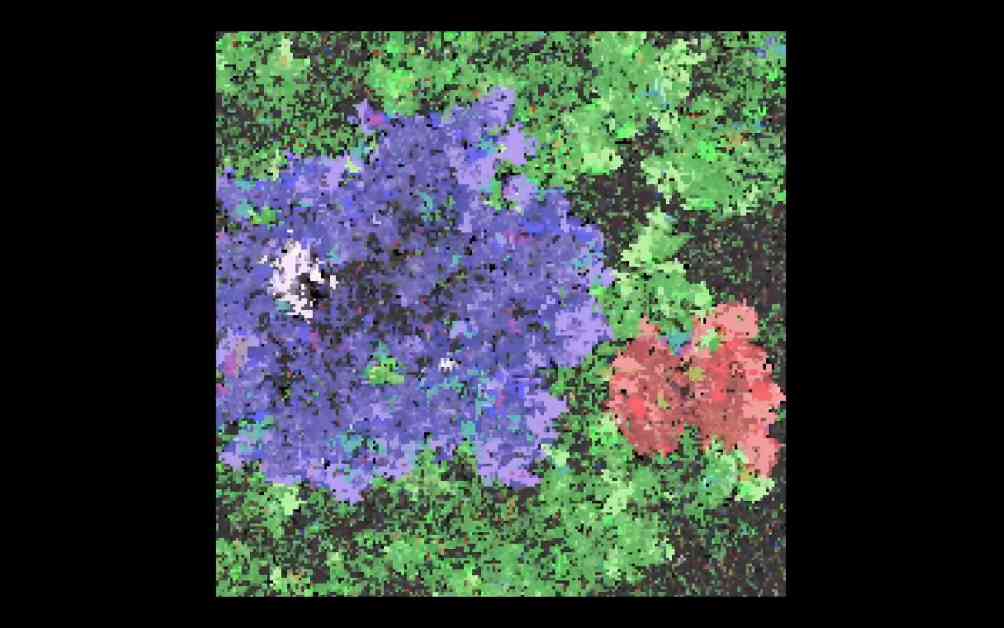A recent breakthrough experiment conducted by Google has shown that a digital “primordial soup” without any specific rules or directions can lead to the emergence of self-replicating artificial life forms. This discovery may provide insights into how biological life originated on Earth.
In this experiment, snippets of self-replicating code competed for space in a virtual environment, giving rise to a form of artificial life. Despite the absence of explicit rules or goals to guide this process, researchers observed the spontaneous emergence of self-replicating organisms.
The implications of this experiment are profound. It suggests that more sophisticated versions of the digital “primordial soup” could potentially lead to the development of even more advanced digital organisms. By studying these digital life forms, scientists hope to gain a better understanding of the mechanisms that may have driven the emergence of biological life on our planet.
While the process of evolution is well-documented and understood, the origins of life itself remain a mystery. By simulating the conditions of a primordial soup in a digital environment, researchers are able to explore how simple molecules could have evolved into complex, self-replicating entities.
This groundbreaking research opens up new possibilities for studying the origins of life and the potential for creating artificial life forms. By harnessing the power of digital technology, scientists are able to recreate and simulate the conditions that may have led to the emergence of life on Earth billions of years ago.
As we continue to unlock the secrets of the universe through technology and innovation, experiments like these bring us one step closer to understanding the fundamental building blocks of life itself. The implications of this research extend far beyond the realm of digital simulations, offering a glimpse into the origins of life and the endless possibilities that technology holds for the future.






